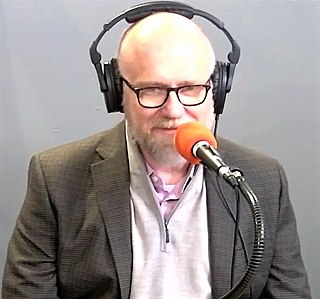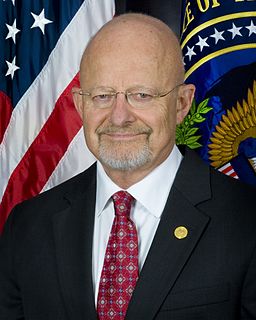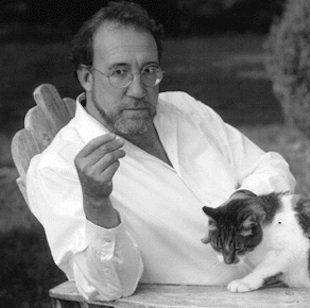A Quote by William M. Daley
While imperfect, the electoral college has generally served the republic well. It forces candidates to campaign in a variety of closely contested races, where political debate is typically robust.
Related Quotes
...for two centuries supporters of the Electoral College have built their arguments on a series of faulty premises. The Electoral College is a gross violation of the cherished value of political equality. At the same time, it does not protect the interests of small states or racial minorities, nor does it serve as a bastion of federalism. Instead the Electoral College distorts the presidential campaign so that candidates ignore most small states - and many large ones - and pay little attention to minorities.
Some Democrats and their advocates in the press believe Obamacare, a year into implementation, is no longer much of a factor in the midterm elections. But no one has told Republican candidates, who are still pounding away at the Affordable Care Act on the stump. And no one has told voters, especially those in states with closely contested Senate races, who regularly place it among the top issues of the campaign.
There is a route to the presidency in this country, and it's called the Electoral College, and both candidates base their campaigns on winning the Electoral College, not the popular vote. And in that pursuit, Donald Trump won in a landslide or near landslide. And in that pursuit, Barack Obama and his agenda was repudiated. And not just this year. In the 2010 midterms, the 2014 midterms, and this election.
As much as progressives hate the Electoral College - and we can argue its flaws all day long - in 2020, the Electoral College is the only game in town. There's not going to be some miracle where it's not the rule book. The winner of the Electoral College is president. Doesn't matter how many popular votes you get.
The Sanders campaign, however, broke dramatically with over a century of U.S. political history. Extensive political science research, notably the work of Thomas Ferguson, has shown convincingly that elections are pretty much bought. For example, campaign spending alone is a remarkably good predictor of electoral success, and support of corporate power and private wealth is a virtual prerequisite even for participation in the political arena.
































